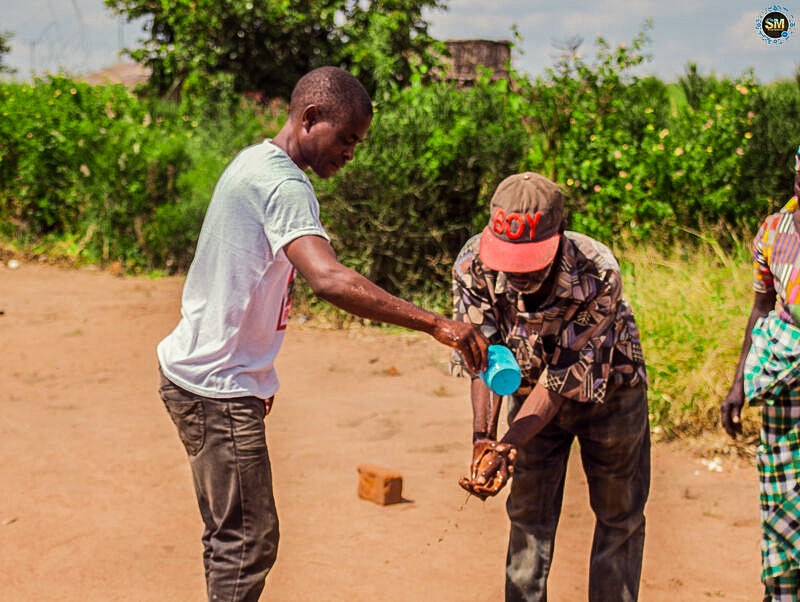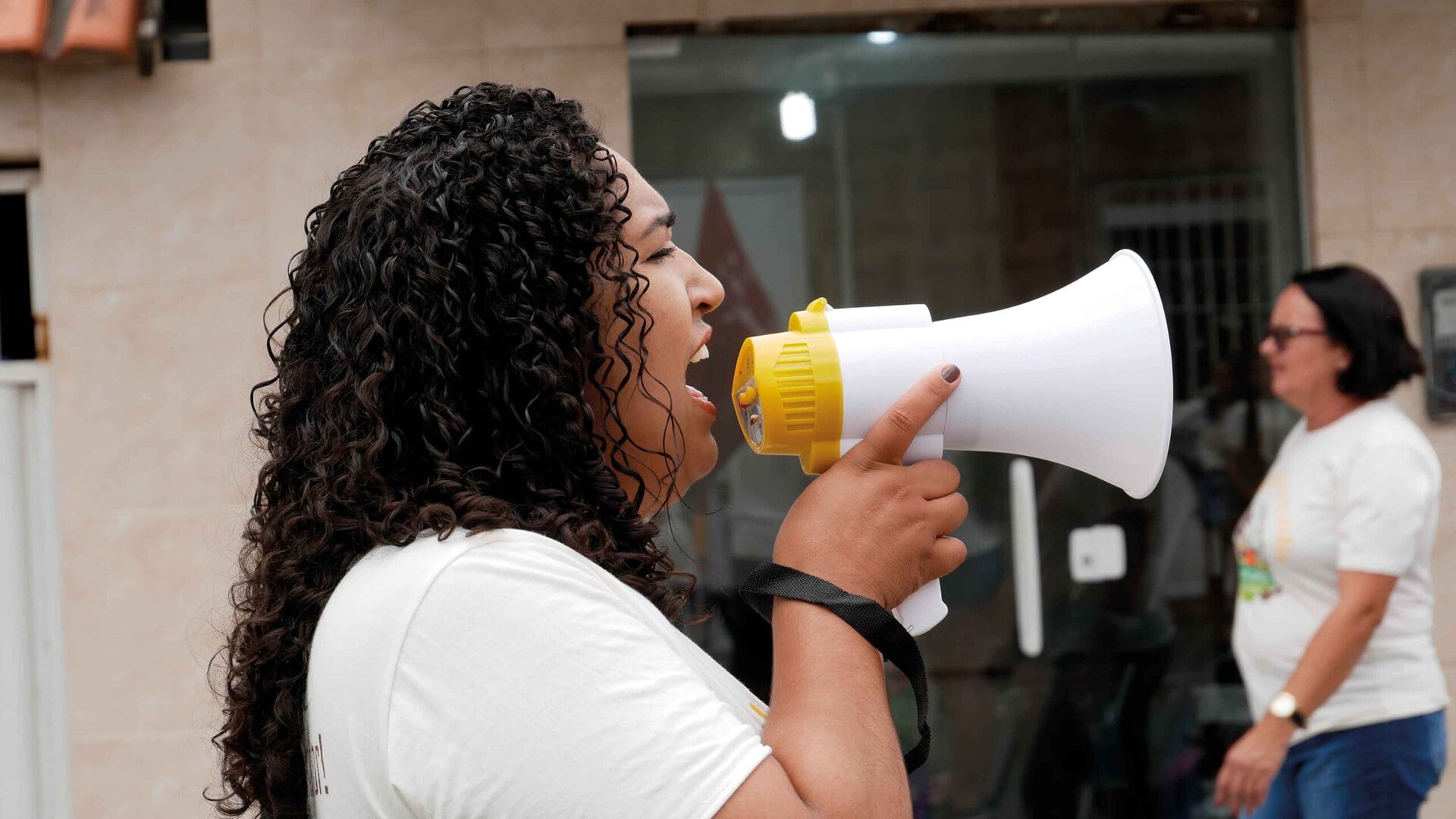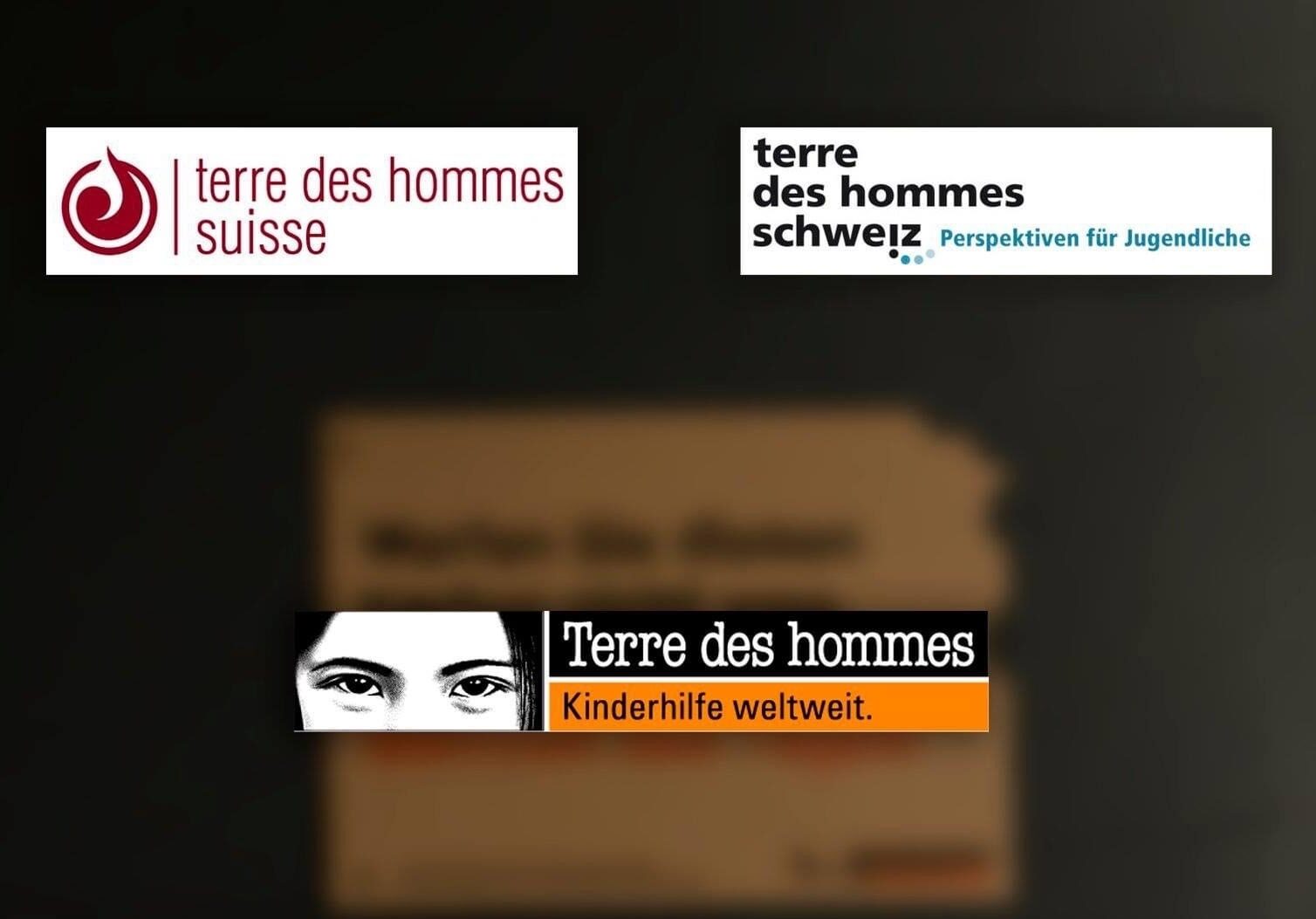Mozambique is one of the poorest countries in Africa and is in a deep crisis: Cyclones w reaked havoc a year ago and Crédit Suisse and a past government plunged Mozambique into a financial crisis. Now the coronavirus threatens to make the situation devastatingly worse. That is why we are working with young people from our projects on the ground to show people how they can protect themselves. How young people are fighting the coronavirus in Mozambique.
In rural Mozambique, society often functions through local village leaders. Whenever we want to reach the wider population, we try to involve these key people. In our work against gender-based violence, we have already achieved success in many places. We are now using these contacts to spread information about the coronavirus in the villages.
Young people inform
In other circumstances, the local partners would debate the issue at a large village meeting. That would be too risky now. Instead, the young people from various youth groups from our partner organizations have come together. They provide the people with life-saving information in front of their huts and from a safe distance.
- Wash your hands regularly and for at least 20 seconds. A bucket of soap and water should always be available.
- No hugs, no handshakes or kisses.
- Keep other people as far away as possible.
- If possible, stay at home and only go out when necessary.
- In the case of known Covid-19 symptoms, those affected should go to the nearest health center.
In the remote areas, people have to protect themselves with what they have. Water is a scarce commodity because it has to be fetched from distant wells. The young people from our projects show the people their simple constructions that enable economical, hygienic hand washing. Like us, many also have to learn how to wash viruses off their knuckles, palms and between their fingers.

Quick protection is important
Soap is too expensive for people in rural areas – and disinfectants are in short supply anyway. That’s why people in poorer regions have to make do with ash, which disinfects to a certain extent. This is also knowledge that the young people impart. That’s why such tricks are very important to ensure rapid protection.
In our project area around Chimoio, there is a threat of an outbreak of the disease across the border. The town is around one and a half hours away from the neighboring Zimbabwean town of Mutare. Although the many commuters and goods transports have been banned, there are virtually no controls.
The 21 reported cases in Mozambique are also likely to have been infected via border traffic, as the virus was already rampant in South Africa and Zimbabwe. Neither country has the resources for large-scale testing. The number of unreported cases is probably already significantly higher than the official figures.
Zimbabwe’s figures in particular are not reliable because the healthcare system there is in an even more desolate state. “There is a lot of uncertainty in Mozambique due to the unclear situation in Zimbabwe. Many fear that the virus is much more widespread there than is officially known and is also spreading in the region around Chimoio due to the relative ease of crossing borders. “, reports Jonas Wagner-Mörsdorf, the program coordinator for Mozambique.
Many do not know enough
In Mozambique, people entering the country from Zimbabwe have already been apprehended for not complying with hygiene regulations and are suspected of being infected. However, it would be wrong to accuse anyone of malice, as many people in Mozambique do not know how to protect themselves and others. “Some didn’t even know there was a pandemic,” writes Silveque Da Luvina Manuel, coordinator of our partner organization CAJ.

That is why terre des hommes schweiz and its partners are supporting the young people fighting the coronavirus in Mozambique. Together, we are disseminating vital information and distributing soap where necessary and possible. The young people show people how to wash their hands in a water-saving and hygienic way to protect themselves from the coronavirus. Because anyone who finds out about the virus should follow the safety rules, writes Silveque Da Luvina Manuel.
Read more articles on Covid-19 in the Global South here. Help us fight the coronavirus. We are grateful for every donation!



